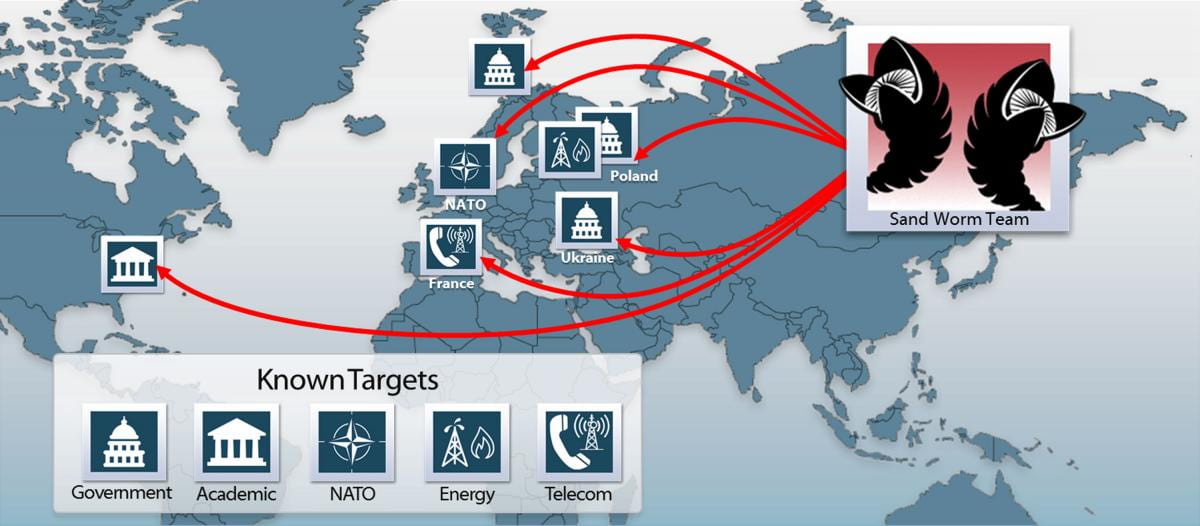MIT CYBERSECURITY CLINIC
The new MIT Cybersecurity Clinic (11.274 and 11.074) will be offered in both the fall and spring semester at MIT.
The Cybersecurity Clinic will consist of four-modules : Cybersecurity for Critical Urban Infrastructure: Understanding the Problem; How the MIT Cybersecurity Clinic Makes Initial Contact with potential Client Agencies; Onsite Assessment of Cybersecurity Vulnerability by MIT Clinic Staff; and Prepare and Submit a Final Cybersecurity Vulnerability Assessment to a Client Agency. MIT students who want to take on field assignments with the Cybersecurity Clinic (for academic credit) must pass the certification examination offered at the end of the fourth module.
Students who have achieved certification, will work in teams supervised by advanced doctoral and post-doctoral students during the last nine weeks of the spring semester to collaborate with an assigned client agency to prepare a Cyberattack Vulnerability Assessment for a client agency.
Learn more about the Cybersecurity Clinic and how to partner with us here.
WHO WE ARE
We are a team of MIT faculty, students, and researchers helping public agencies defend against cyberattacks through an approach called Defensive Social Engineering (DSE), led by Dr. Jungwoo Chun and Prof. Larry Susskind. Cyber defenders can usually defeat or protect themselves from attacks using DSE and other technical tools. The MIT Cybersecurity Clinic works with municipal or hospital IT staff and cybersecurity specialists in public agencies—especially those managing critical urban infrastructure—to quickly assess their vulnerabilities to attack.
RESOURCES
Click here for a list of publications and resources
ABOUT THIS BLOG
click above to read more about this blog and watch the short animation below
-
Foreign Adversaries Hack Federal Court System for Second Time
-
CISA Moves CIRCIA Deadline to May 2026
-
AI’s Growing Impact on Cybersecurity
-
Ransomware Attack on Minnesota Capital City
-
Governments Push for Windows 11 Migration as Windows 10 End Nears in October
-
CIRCIA Proposed Regulations Uncertain Ahead of October Final Rule Publication
-
USA Today: Cyberattacks on Critical Infrastructure Are Increasingly Common
-
CISA Proposed Cybersecurity Incident Reporting Requirements for Critical Infrastructure Companies Opened for Comment
-
Boston Globe: How to Thwart Hackers (Local Cybersecurity)
-
Quick guide to the 6 ways we can regulate AI (MIT Tech Review)
-
A Conversation with Massachusetts’ Chief Information Officer

National Institute of Standards and Technology, U.S. Department of Commerce (NIST) N. Hanacek On October 31, 2018 the Securing the Enterprise Conference at MIT brought together cyber security experts from business, government officials, and academia…
-
States on the front Line of Cyberdefense: in Agreement with Connecticut’s Cybersecurity Risk Officer

Electricity Distribution Arthur House, the chief cybersecurity risk officer for Connecticut, recently penned a column in the Washington Post titled “We’d be crippled by a cyberattack on our utilities.” We agree. Given that “the states,…
-
A Response to the Smart City Technical Vulnerability Report

Smart City Concept from 'How to Outsmart the Smart City' On August 9th 2018, during the major Security conference Black Hat, security researchers from IBM and Threatcare announced major technical vulnerabilities in a variety of…
-
The Value of Metrics in Combatting Cyberattacks

Fort Meade Alliance Many organizations assume that all necessary security measures will eventually be baked into everyone’s job. However, in our experience, top cyber security experts express trepidation about relying too heavily on metrics, or…
-
To defend cities from cyberattack, think like a hacker

San Francisco Chronicle John Spink / Atlanta Journal-Constitution Our cities are under attack. In the past two months, two major cyberattacks have targeted urban critical infrastructure and services. In February, Colorado’s Department of Transportation had…
-
What is the Real Role and Advice from the FBI for Combating Ransomware? – Part Two

We had the opportunity to meet with agents from the Cyber Crime Division of the FBI to get a first-hand account of the FBI’s perspective on ransomware as well as their role in helping organizations.…
-
What is the Real Role and Advice from the FBI for Combating Ransomware? – Part One

Imagine the following: After being hit by the WannaCry Malware, Anywhere Utility Co activates its Cyber Security response protocol. This starts with convening the utility’s top IT experts to try to retrieve their locked data.…
-
Healthcare Held Hostage: When Ransomware Strikes Hospitals

BBC News Imagine you are a nurse working in a busy public hospital. You’re preparing for open heart surgery scheduled to occur in just one hour, and the surgeon needs to know the patient’s medical…
-
Cyberattacks by Nation-States

iSight/FireEye Cyber warfare is a weapon that weaker nation-states are using to try to level the geopolitical playing field. Iran and North Korea (stay tuned for our upcoming blog post on hospitals for more details…
-
Information security and awareness programs for critical urban infrastructure operators offer a non-technical line of defense against ransomware attacks

IBM's If the price is right, ransomware wins Cybersecurity experts agree it is crucial to educate early, so that good user practices are presented and enforced after an attack. “Education” in this context usually takes…
